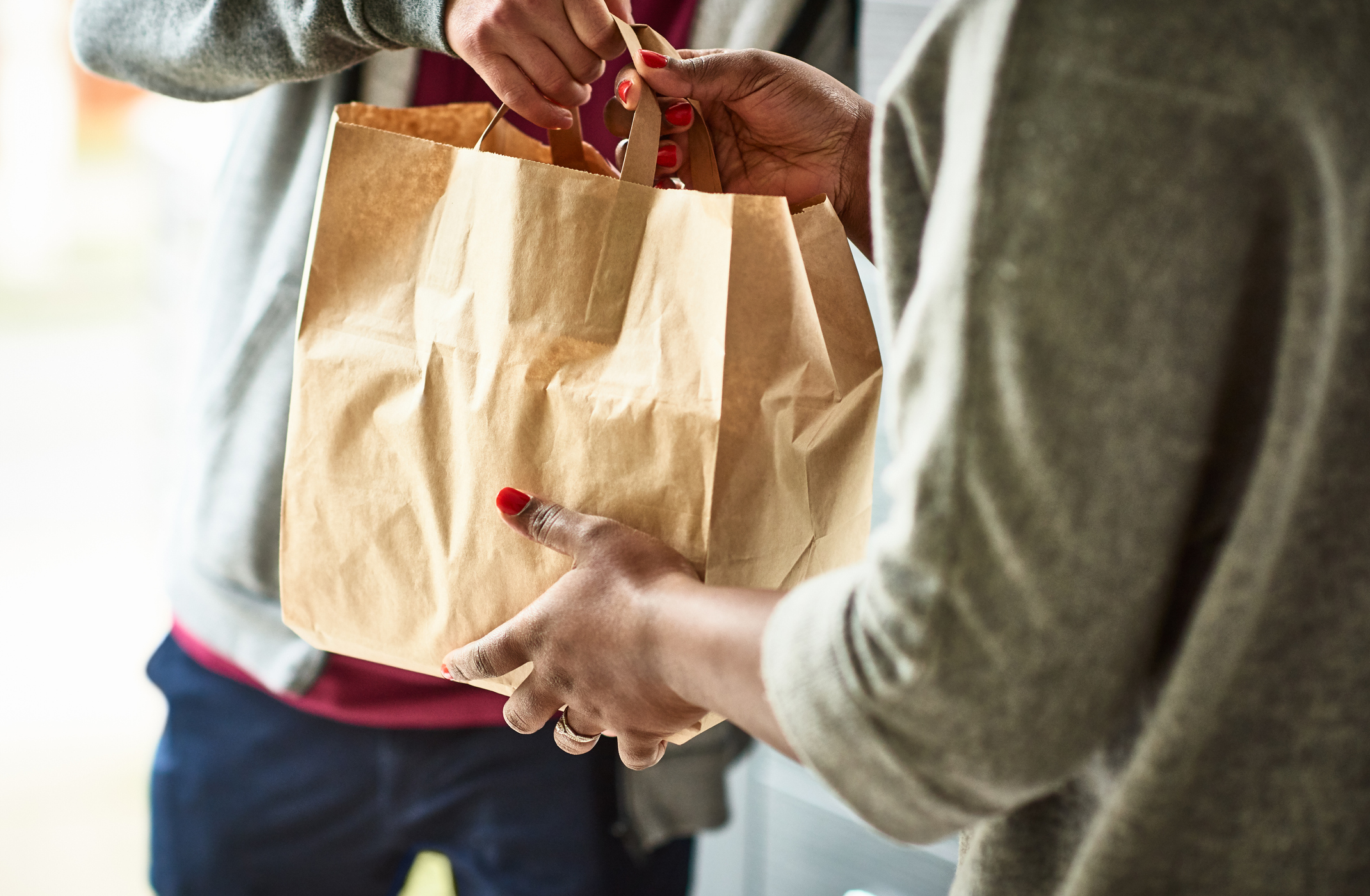Restaurants That Don’t Even Deliver Are Ending Up on Grubhub Against Their Will

Credit to Author: Bettina Makalintal| Date: Mon, 27 Jan 2020 20:40:31 +0000
Restaurants across the country have been facing a peculiar problem: Delivery drivers show up to pick up orders the restaurant never knew about, and customers call to check in on orders the restaurant never received. These restaurants don't actually do delivery, but they ended up on apps and delivery websites, anyway. The result is a mess of a situation for restaurant owners, diners, and delivery drivers alike.
A similar situation happened this weekend at the San Francisco restaurant Kin Khao, as chef-owner Pim Techamuanvivit wrote on Twitter. While managing the floor, Techamuanvivit answered a call from someone inquiring about his delivery order. After telling him that the restaurant didn't do delivery or take-out—and had never done so—Techamuanvivit was surprised to find that Kin Khao was listed among delivery options on Seamless, Grubhub, and Yelp.
Per Techamuanvivit's thread, she plans to speak with a lawyer with intentions of suing. "If you’ve made an order or got fake @KinKhao food via @Seamless, @Grubhub, or @Yelp.." she wrote, "….feel free to join me on this lawsuit. If you own a restaurant, especially a popular one, make sure you check these unscrupulous sites to see if they are faking your businesses on there too. This is horrid. Reckless. And just horrid."
Techamuanvivit's experience is the result of unauthorized partnerships by platforms like Grubhub and Seamless, which are both owned by Grubhub Inc., as the San Francisco Chronicle reported. While "most orders" on those platforms result from legitimate deals with restaurants, the company has also started adding popular restaurants to its sites without having formal business relationships in place.
That practice is resulting in mixed-up orders, long wait times, and inaccurate pricing as the diner, driver, and restaurant aren't necessarily relying on the same information. Without communicating directly with the restaurant, delivery platforms may list incorrect menus or outdated prices. Plus, to Techamuanvivit’s point, this all takes control away from restaurant owners.
The problem is nationwide, and the situation extends past Grubhub and Seamless. In 2018, a Chicago restaurant called Burger Antics sued DoorDash for posting its menu and selling its food without permission, according to the Chicago Tribune, but that hasn't stopped the app. Restaurant owners in Providence cited problems with unauthorized orders via Doordash and Postmates last year, and Philadelphia Magazine reported a similar situation earlier this month.
"The couriers walk in and we tell them we don’t even have an account with Doordash," Judy Ni of Baology told Philadelphia. "And so they leave and they go outside and call the guest, and the guest doesn’t understand what’s going on—it makes us look absolutely terrible, and it becomes this mess of confusion for the guest."
When it comes to cornering the delivery market, there's growing competition, and that's why these problems only seem to be worsening. In October, after Grubhub's stock fell more than 40 percent in one day, the company announced that it had been working on expanding its restaurant network through informal partnerships, just as Doordash and Postmates had been doing.
Grubhub told Eater shortly after that this model would keep the platform from being at a "restaurant disadvantage,” but it acknowledged that "the non-partnered model is no doubt a bad experience for diners, drivers, and restaurant," presumably because of the lack of shared knowledge between all parties involved in a delivery transaction. Regardless, the company added that models like this helped their peers grow, and ultimately, the goal of these delivery systems is to keep potential diners from going onto other platforms in pursuit of their dinner order.
It's not the first time Grubhub has been tied to shady actions, either. In June of last year, New Food Economy found that Grubhub had been creating shadow websites of real restaurants. Those shadow websites linked to Grubhub’s delivery platform, which charges fees to the restaurant, while the real website used another delivery system. In August, a partnership between Motherboard and the podcast Underunderstood found that instead of connecting would-be diners with a restaurant’s actual phone number, Yelp pushed them to a phone number owned by Grubhub so that Grubhub could then charge restaurants a "referral fee."
Delivery can seem like an easy solution, especially from a diner perspective, but it's not really as simple as opening an app and hitting a button. The more separate we become from the people preparing our food, the more room there is for things to go wrong in the middle.
This article originally appeared on VICE US.